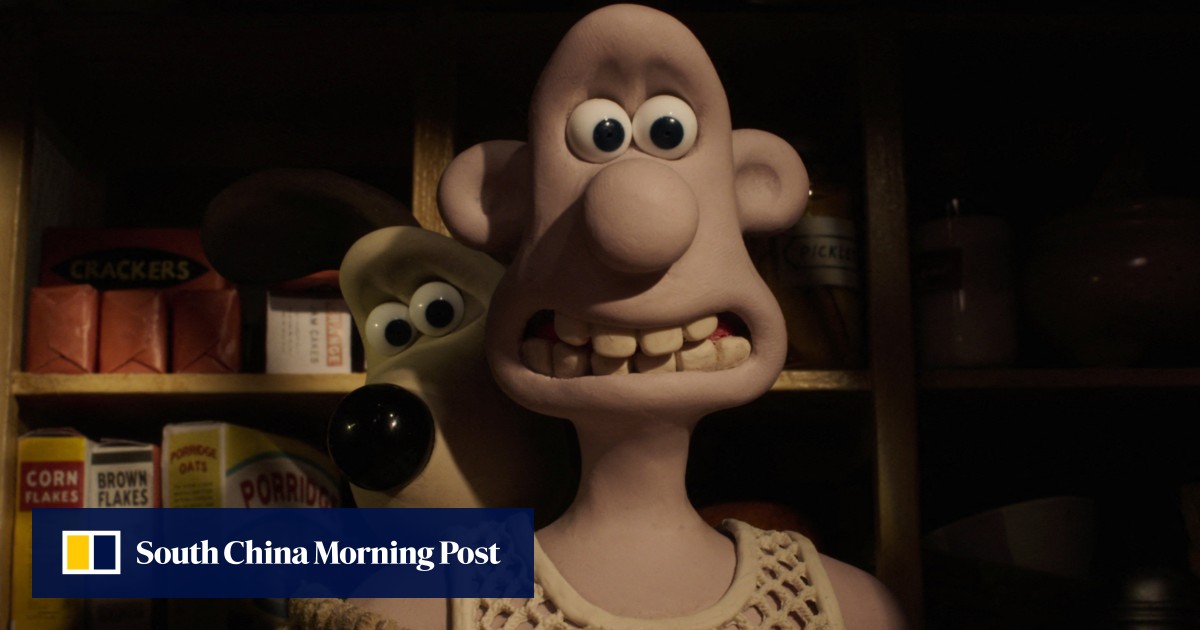“Removing the cult of personality and ending worshipping of authoritarianism is the goal of promoting transitional justice at the present stage,” the ministry said earlier in a statement clarifying the decision.
Taiwan’s culture minister, Li Yuan, celebrated the move in a Facebook post on Monday. “A small step like this took 44 years to achieve,” he wrote, referring to the inauguration of the hall and the ceremony in 1980.
Military guards will now march out from the southern and northern sides of the memorial hall, and the pair of three-member teams will converge at Democracy Boulevard – a 380 metre (1,246 feet) cobbled avenue in front of the hall – to conduct the 15-minute ceremony.
The morning and evening flag-raising and lowering ceremonies outside the hall will remain unchanged.
Chiang ruled Taiwan for nearly three decades until his death in 1975, after leading his Nationalist or Kuomintang troops to the island in 1949 following defeat to the Communists in the Chinese civil war.
He set up his government on the island, enforced a previously declared martial law and ruled with an iron fist. The martial law was only lifted in 1987, more than a decade after his death.
Despite accusations of persecuting thousands of opponents during the “white terror” period from the 1950s to the 1970s, Chiang is still remembered by many members of the military as the spiritual leader of Taiwan’s armed forces.
Mainland sentiment towards Chiang – once reviled by Beijing as an enemy of the Communist Party – has also softened significantly, as he is increasingly seen as part of the historic link between the mainland and Taiwan.
In his Facebook post on the relocation of the handover ceremony outdoors, Taiwanese culture chief Li gave “thanks to all the predecessors who sacrificed and dedicated themselves to leading Taiwan from authoritarian dictatorship to freedom and democracy”.
“Some concerns have been raised by the public regarding the outdoor drills and training endured by the honour guards in the intense summer heat,” Chiang said, adding he hoped the culture ministry could “take into account these perspectives”.
In 2018, Taiwan’s independence-leaning Democratic Progressive Party (DPP) government set up a transitional justice commission to investigate Chiang’s rule. It found that perceived political dissidents had been persecuted and Chiang had misused government funds to benefit the KMT.
Critics in Taiwan speculate that one of the missions of Lai’s civilian defence minister, former security chief Wellington Koo, is to counter this military resistance.
Local media reports have said one of Koo’s main duties is to uphold “transitional justice”, which involves eliminating Chiang’s influence within the island’s armed forces.







